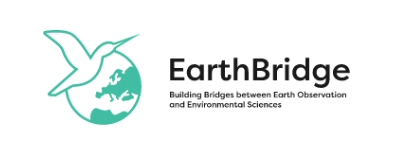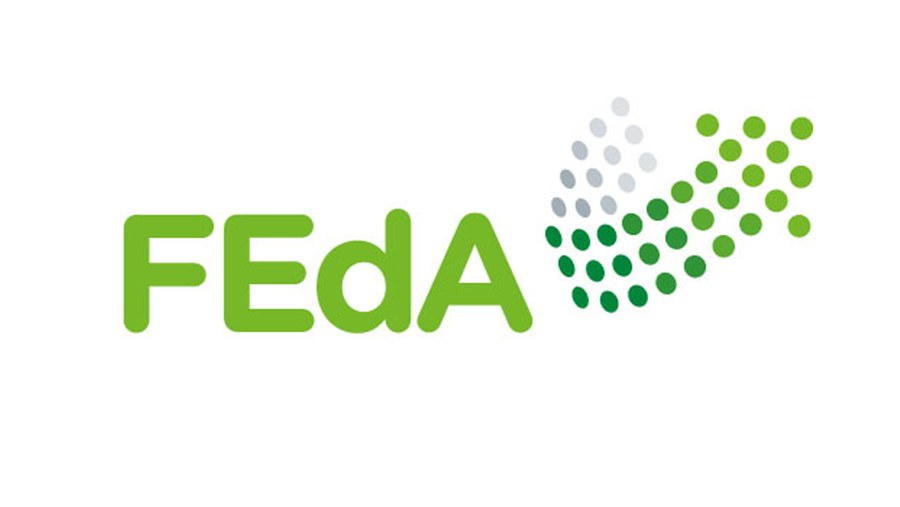BESTMAP (Completed)

BESTMAP: Behavioural, Ecological and Socio-economic Tools for Modelling Agricultural Policy
Duration: 09/2019 – 02/2024
Summary: BESTMAP is an international research project run by a consortium of 13 partners across 7 countries and funded through the European Union’s Horizon 2020 Research and Innovation Programme.
The European Common Agricultural Policy (CAP) supports the livelihood of 11 million farmers while maintaining environmental standards and good agricultural practices over half of the European Union (EU) land. Yet, pressures including land-use intensification, abandonment and climate change remain a challenge to the current CAP and its implementation.
The main goal of BESTMAP is to improve and contribute to the existing tools used in agricultural policy impact assessment, and to develop a new model-based approach to predict the environmental impact of changes in the CAP, in order to promote a sustainable future for the EU agricultural sector. To do this, BESTMAP will quantitatively model, monitor and map policy change impacts on the environment, climate system, delivery of ecosystem services, as well as socio-economic metrics. Moreover, BESTMAP will link economic modelling with individual-farm Agent-Based Models (ABM), to take into account the complexity of farmers’ decision making. This approach will be demonstrated in 5 case study regions across Europe covering diverse agricultural, socio-economic and political backgrounds, and later up-scaled to European-wide application. Overall, BESTMAP aims at improving the effectiveness of future EU rural policies’ design, monitoring and implementation.
Find more about the project on the official BESTMAP website.
Funding: BESTMAP receives funding from the European Union’s Horizon 2020 research and innovation programme under Grant Agreement No 817501.
EarthBridge (Moved to the University of Bonn)

EarthBridge: Building bridges between Earth Observation and Environmental Sciences
UPDATE: The project moved to the University of Bonn (https://www.inres.uni-bonn.de/en/research/professorships?set_language=en) on March 1. For information contact Prof. Anna Cord at address: anna.cord@uni-bonn.de
Duration: 01/2023 – 01/2026
Summary: EarthBridge aims to develop and further improve environmental Earth Observation (EO) tools that are robust, transferable, and applicable across disciplines and landscapes. The project brings together EO and environmental sciences expertise to bridge the existing gaps between these two disciplines at educational, practical, and governmental levels.
EarthBridge is focused on the development and application of methods for monitoring, restoration, and conservation of biodiversity in agricultural landscapes.
Through the twinning of the Czech University of Life Sciences Prague (CZU) and two internationally-leading universities: Technische Universität Dresden (TUD) and Alma Mater Studiorum – Universitá di Bologna (UNIBO), EarthBridge aims to further improve the use of environmental EO tools by a wider community.
EarthBridge is a three-year project starting in January 2023. EarthBridge activities, grouped into five work packages (WPs), will ensure knowledge transfer and exchange by developing new methods and training new professionals in environmental EO.
Find more about the project on the official EarthBridge website.
Funding: EarthBridge receives funding from the European Union’s Horizon Coordination and Support Actions under Grant Agreement No 101079310.
ECO²SCAPE

ECO²SCAPE: Co-design of ecologically and economically efficient policy instruments and measures for conserving biodiversity and ecosystem services in cultural landscapes
Duration (Phase 2): 10/2021 – 09/2024
Summary: ECO²SCAPE is a transdisciplinary research project to develop ecologically and economically efficient measures for the conservation of biodiversity and ecosystem services by an interdisciplinary research team and in cooperation with local stakeholders.
The project focuses on the co-design of measures to be developed and piloted in the model region “Vereinigte Mulde” (Saxony) through effective cooperation and participation of farmers. The model region is characterized by intensive but also diverse land use, contains designated biologically unique protected areas and is representative for many cultural landscapes in Germany. All measures and research approaches will be developed under the condition of spatial transferability to other cultural landscapes. The significance of individual success factors for the implementation of the measures, including the importance of institutional framework conditions, economic instruments and social acceptance, will be investigated. In addition, the measures will be accompanied by a new, automated biodiversity monitoring system, and landscape ecological models will be developed to map the ecological effects of the measures at the landscape level.
Find more about ECO²SCAPE on our project page.
Funding: The project is funded by the BMBF within the framework of the “Research Initiative for the Conservation of Biodiversity”.
PAMbase (completed)

PAMbase: Passive acoustic monitoring database for Earth System Sciences
Duration: 01/04/2022 – 31/03/2023
Summary: PAMbase is a pilot project within the NFDI4Earth consortium, funded by the DFG and led by Anna Cord, Jan Engler, Léa Courteille, and coordinated by Kevin F.A. Darras.
Earth System Sciences make use of a variety of passive acoustic sensing methods to monitor the different spheres: for instance, glacier movements, earthquakes, precipitation, anthropogenic activity, and the presence of soniferous organisms can all be monitored with acoustic waves.The goals of PAMbase are twofold: First, we are probing Earth System scientists’ needs and developing a roadmap to identify best practices and possible synergies among different fields (cryospheric science, seismology, ecoacoustics, etc.). We strive to assemble a first database of Earth System Science soundscape datasets. Second, we are extending the functionality of an online, open-source platform (ecoSound-web) to make it fit for use in the field of Earth System Sciences with specific data standardisation, quality control, and sharing features. Together, both goals will result in a novel, collaborative project uniting scientists working with soundscapes from different research fields.
Find out more about the project on this webpage.
Funding: This work has been funded by the German Research Foundation (DFG) through the project NFDI4Earth (Task Area 1 Measure 1.1, DFG project no. 460036893, https://www.nfdi4earth.de/) within the German National Research Data Infrastructure (NFDI, https://www.nfdi.de/).